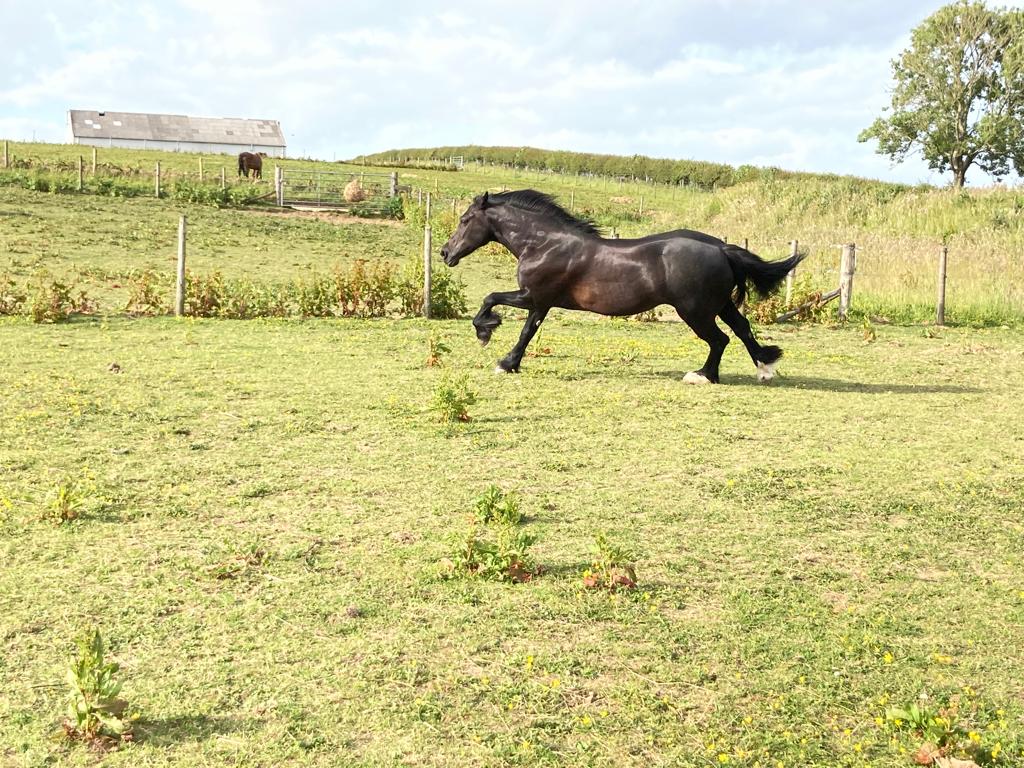
Colic
Colic
Colic simply means ‘pain in the abdomen’ and therefore has many different causes. It may be serious or even life-threatening, but most horses with colic recover fully and uneventfully

Key facts
- The gastrointestinal tract in the horse is 25-30 metres long in total and consists of the stomach, the small intestine and the large intestine.
- Depending on which areas are affected, clinical signs will vary in their nature and severity.
- Most cases will respond to medical treatment such as painkillers, relaxants and fluids, but occasionally surgery is necessary to correct the problem.
- Your vet may wish to perform an internal examination, pass a stomach tube or take a sample of blood or fluid from the abdomen in order to gather further information. In a small minority of cases, euthanasia may be the only humane option.
- Please remember that, however quiet and well behaved your horse is in usual circumstances, a horse in pain may unexpectedly roll or kick out and you must consider your own safety when handling a horse with colic.
Signs of colic
- lying flat out
- pawing at ground
- rolling
- kicking at belly
- looking at belly
- poor appetite
- tooth grinding
- sweating
- restlessness
- stretching
- posturing to urinate.
Types of colic
- spasmodic - due to feeding/management changes, parasitism (worms), stress, heat, drinking very cold water;
- impaction - similar to constipation, may be due to dry diet, dental disease, reduced water intake or box rest;
- displaced/twisted intestines - may require surgery under general anaesthesia;
- other less common causes such as tumours, infections, liver disease, grass sickness, gastric ulcers.
Normal clinical measurements in the horse
- heart rate: usually between 25-45 beats per minute, depending on the size, type and fitness level of the horse;
- respiratory rate: usually between 8-12 breaths per minute;
- temperature: approximately 37.5o C - 38.5o C or 99-101 fahrenheit is normal for a horse;
- intestinal sounds: should be present all over the abdomen;
- gums: should be pale pink and moist

Before the vet arrives
- take away any food or water present;
- walk the horse in hand if safe to do so;
- if possible, have a stable ready with clean bedding and good lighting;
- warm water may also be useful;
- do not give any painkillers or other drugs unless requested to do so.
Prevention of colic
- maintain a regular management and feeding regime where possible;
- practice effective parasite control;
- discourage windsucking behaviour which predisposes to gas build-up;
- provide a diet with plenty of fibre (hay, haylage or grass)
